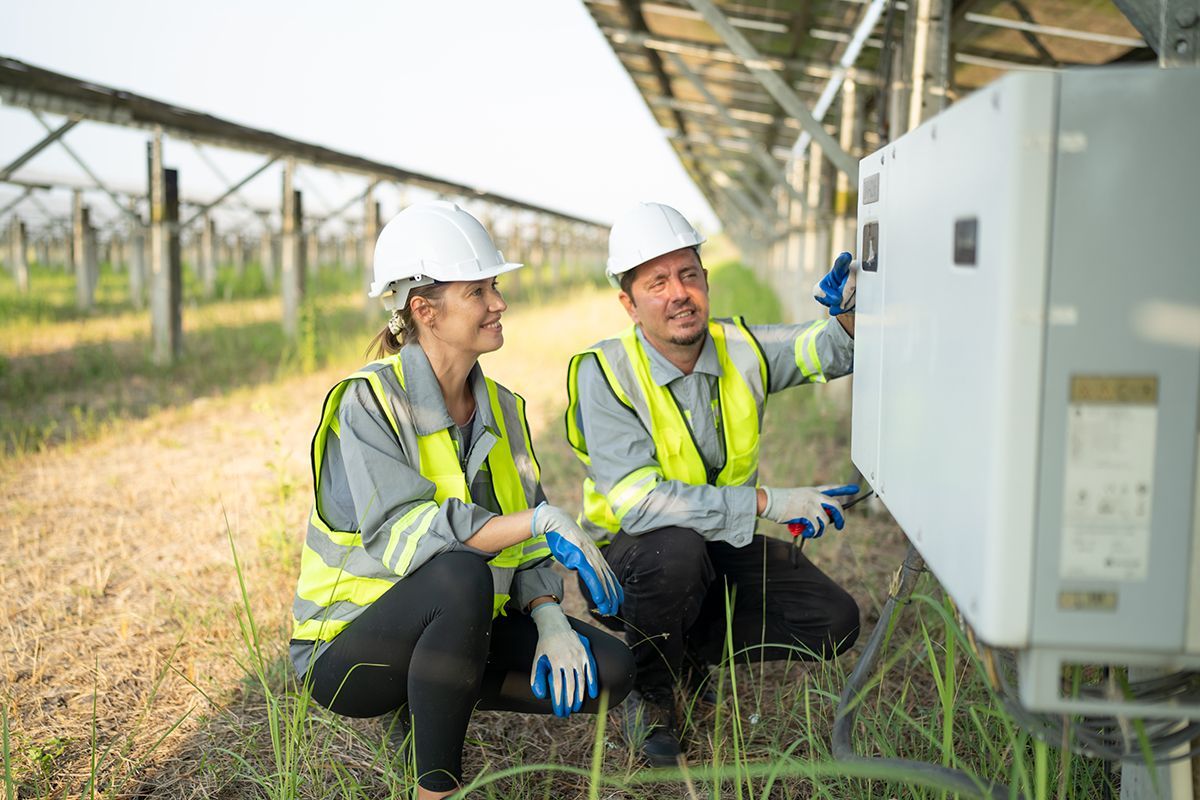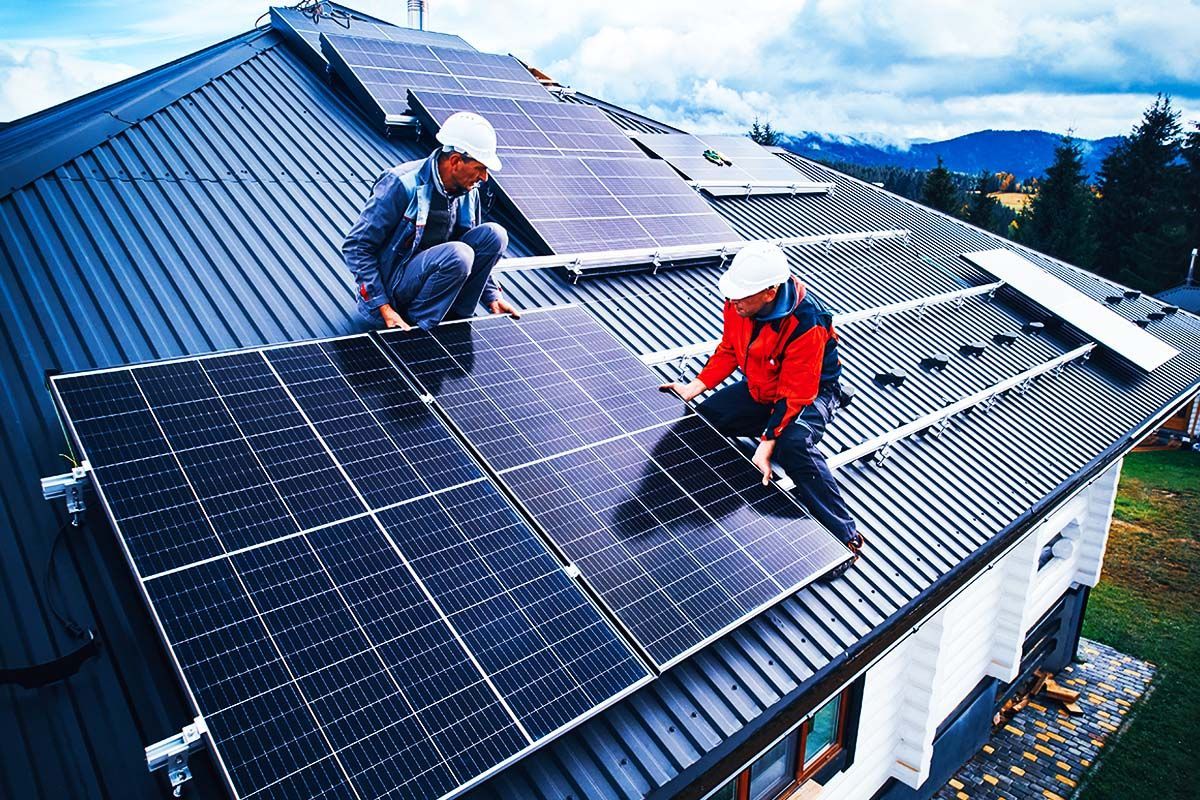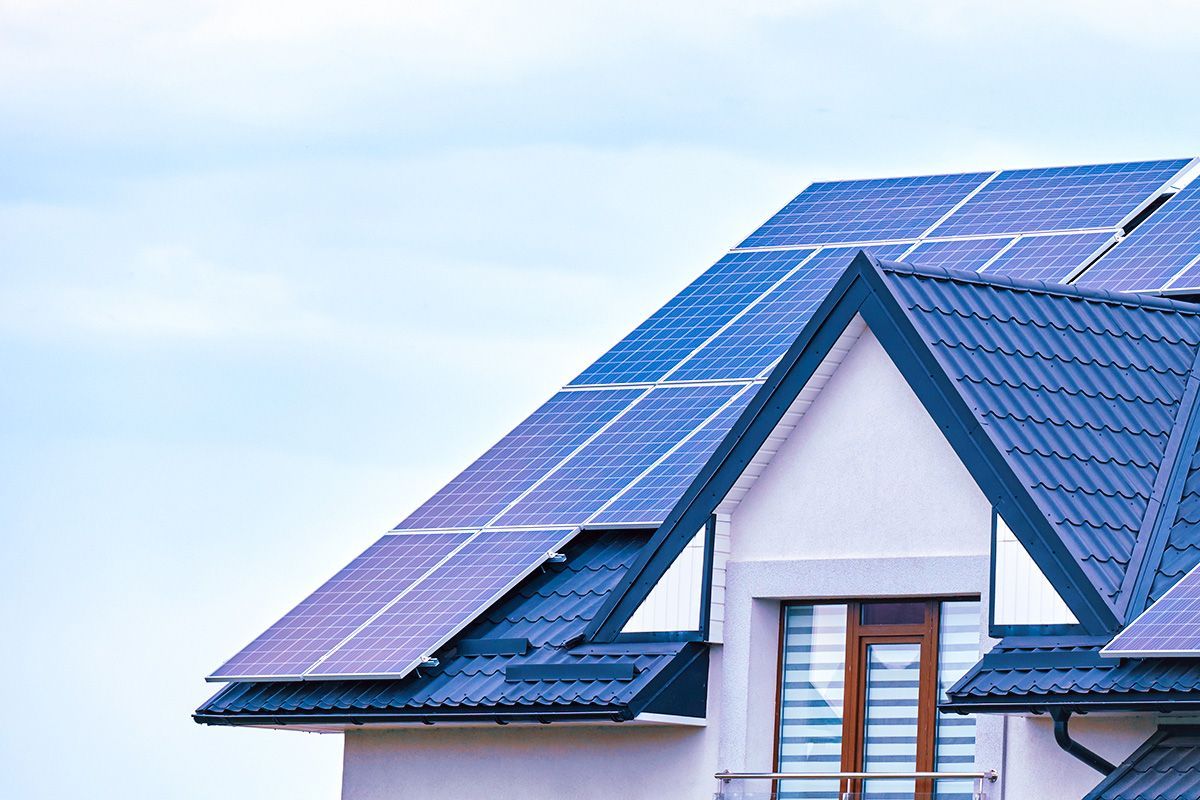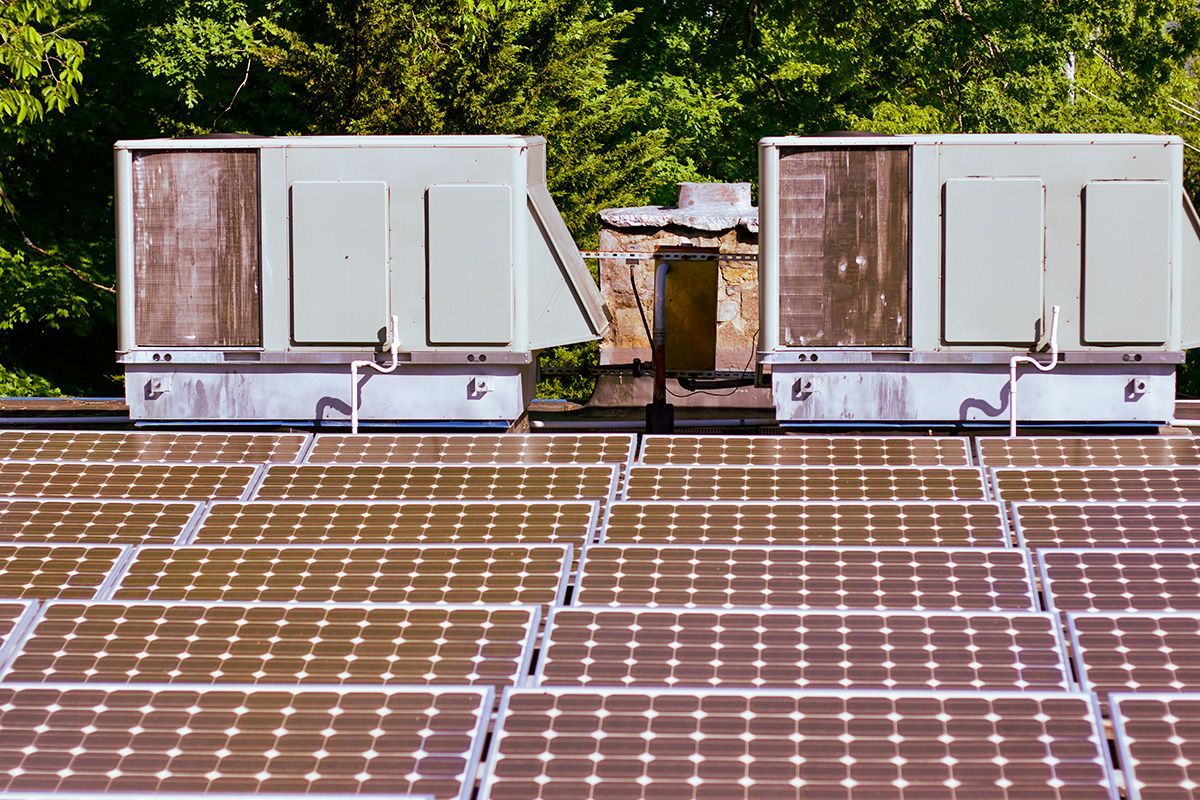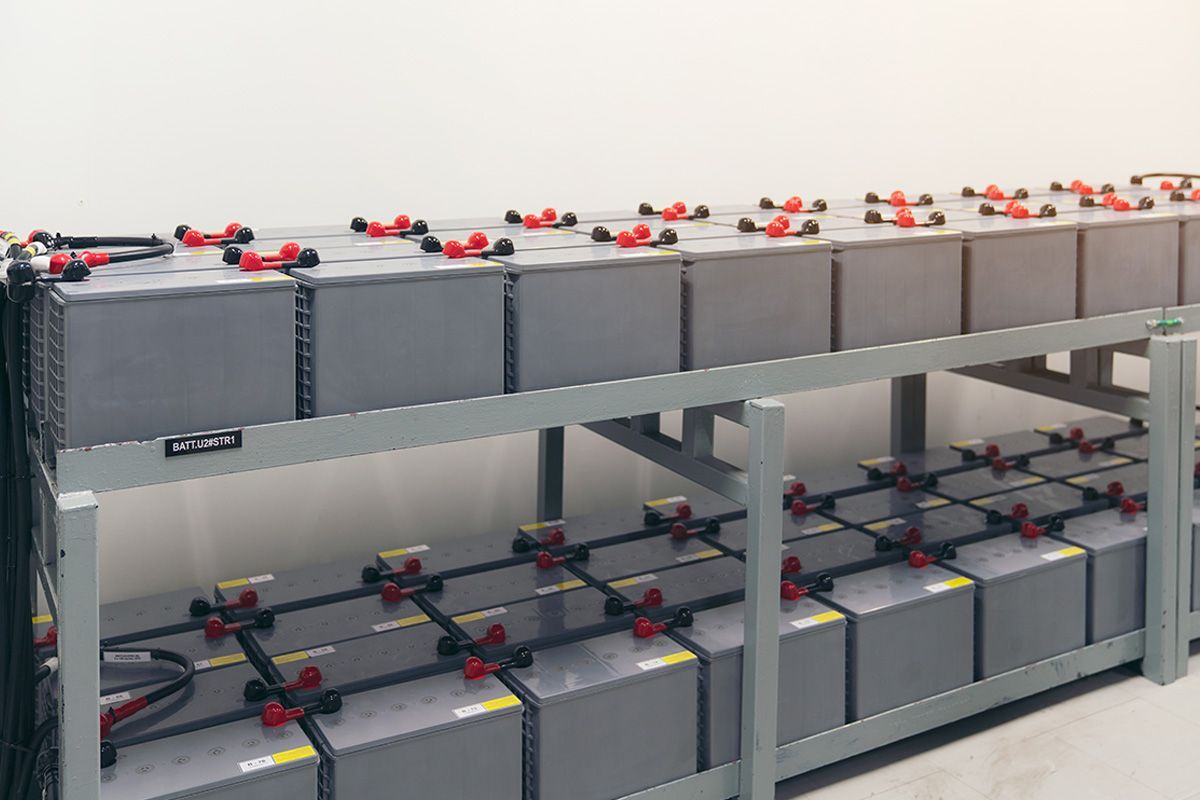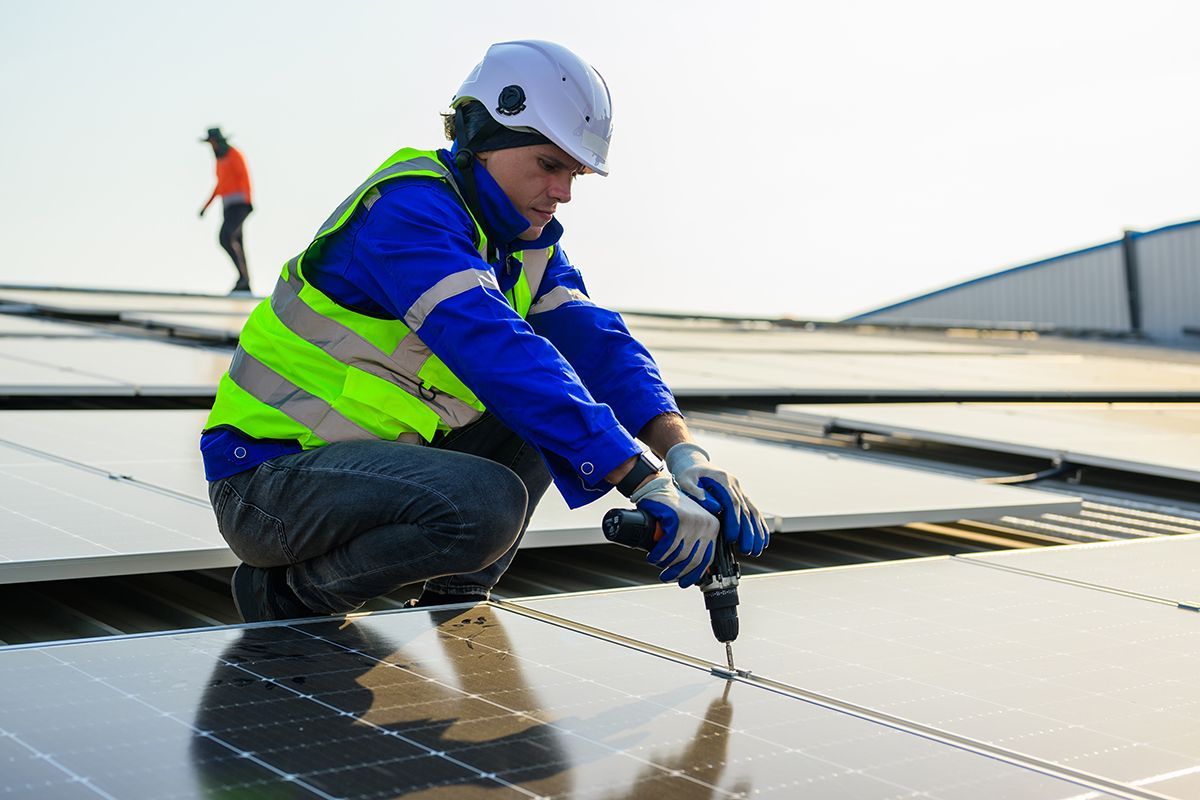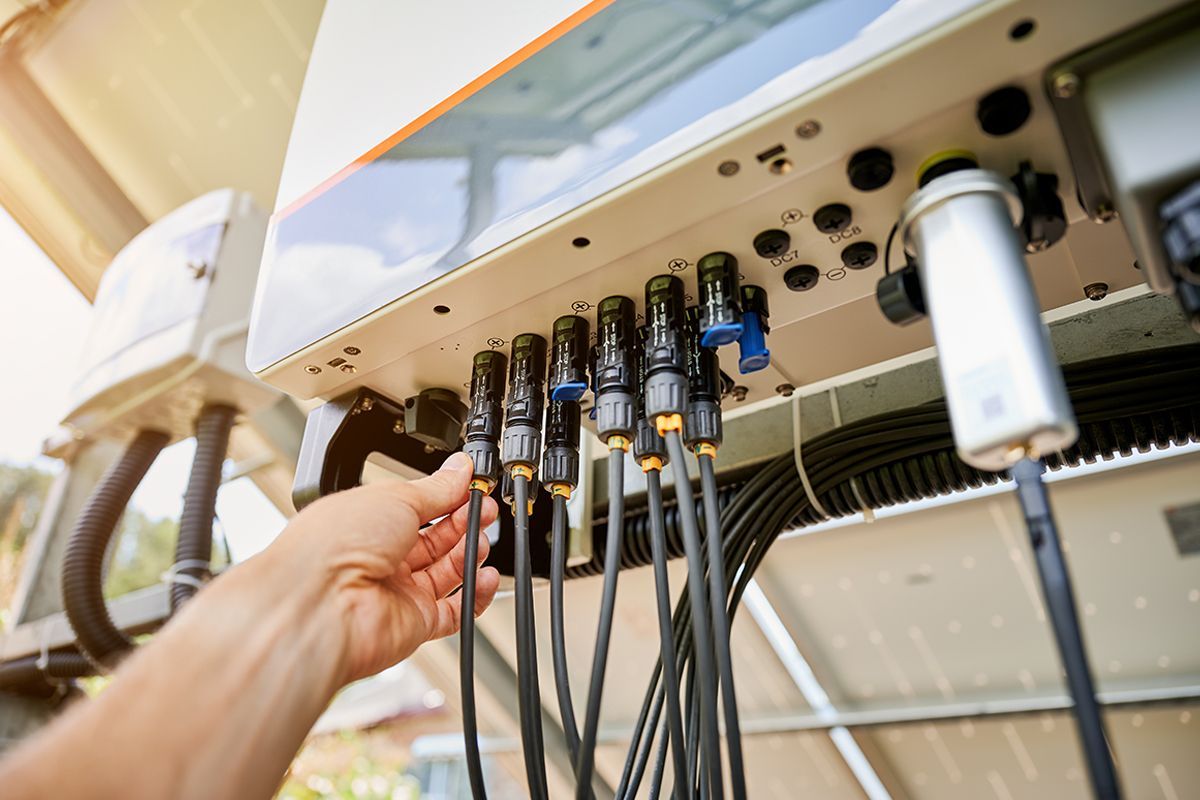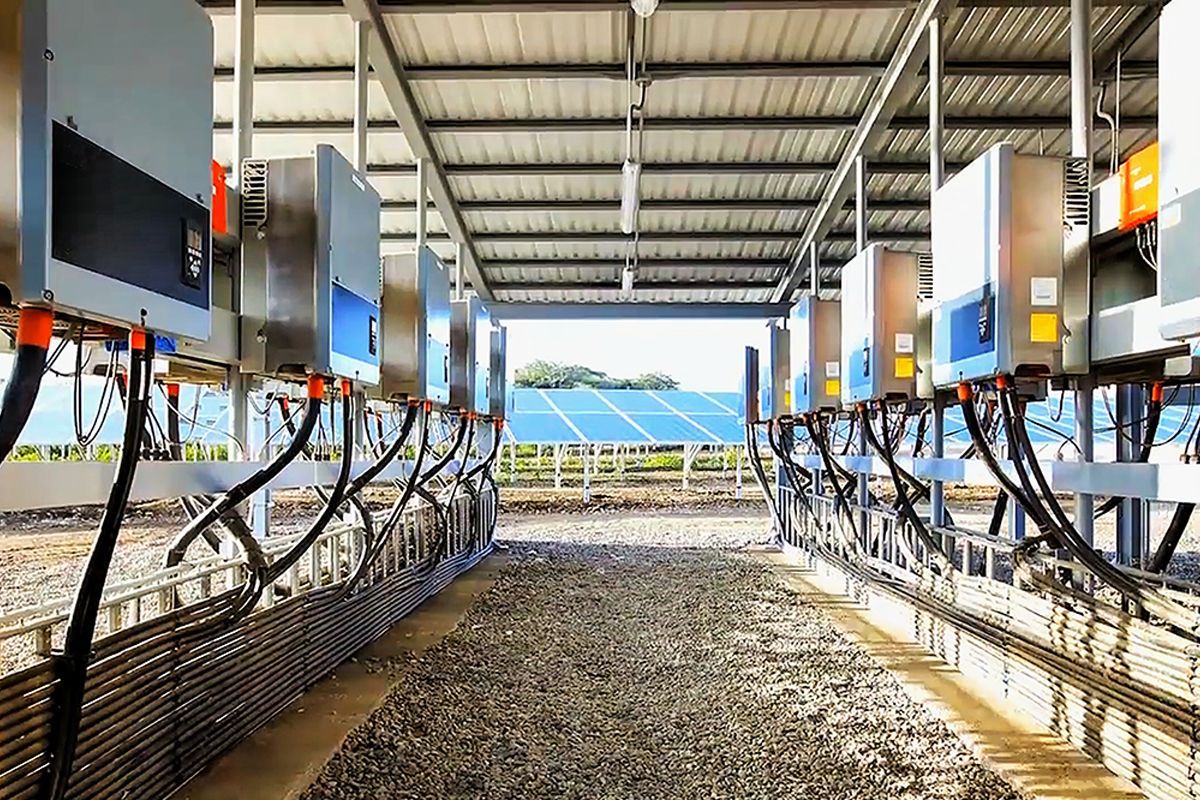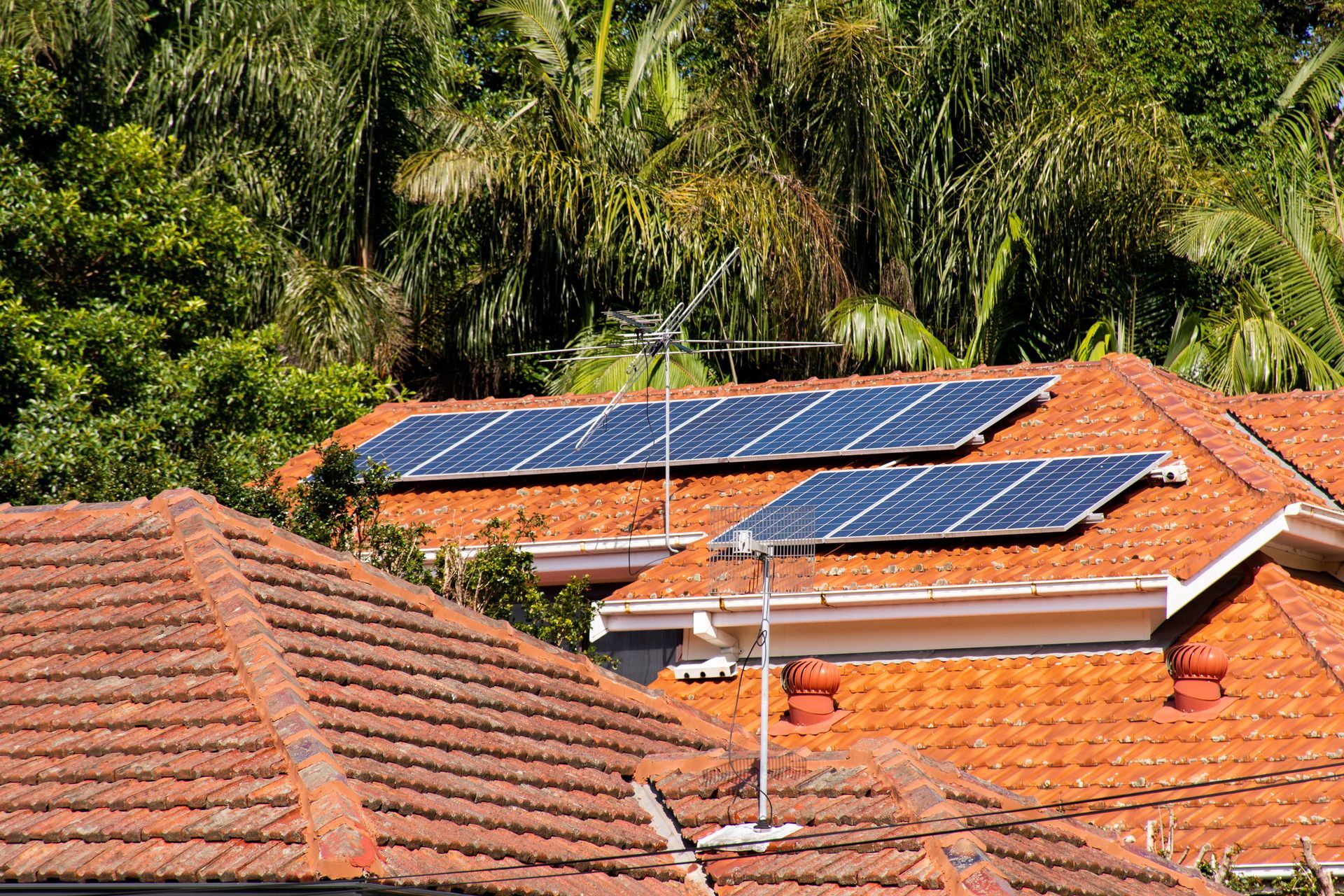Essential Tips for Residential Solar Panel Maintenance
As the world continues to shift towards renewable energy sources, many homeowners are turning to residential solar panels as a way to reduce their carbon footprint and save money on energy bills. Installing solar panels is a significant investment, and proper maintenance is essential to ensure their longevity and optimal performance. In this comprehensive guide, we will explore the best practices for maintaining and caring for residential solar panels.
Monitoring the Performance of Your Solar Panels
To ensure your solar panels are operating at their best, it is important to monitor their performance regularly. Many solar companies provide mobile apps or online portals that allow homeowners to track the energy production of their panels in real time. Monitoring systems can alert you to any significant drop in performance, enabling you to address issues promptly. It is recommended to check your solar panels' energy output at least once a month and keep a record of the results for future reference.
Cleaning Your Solar Panels
Regular cleaning is a crucial aspect of solar panel maintenance. Dust, dirt, leaves, and other debris can accumulate on the surface of the panels, blocking sunlight and reducing energy production. Cleaning your solar panels is relatively simple and can be done using basic tools and equipment.
Here's a step-by-step guide to cleaning your solar panels:
- Start by turning off your solar power system to ensure safety.
- Use a soft-bristled brush or a non-abrasive sponge to gently remove any loose debris from the surface of the panels.
- Fill a bucket with lukewarm water and add a mild, biodegradable soap.
- Dip a clean microfiber cloth or sponge into the soapy water and wring out any excess liquid.
- Gently wipe the surface of the panels, being careful not to apply too much pressure.
- Rinse the panels thoroughly with clean water to remove any soap residue.
- Allow the panels to air dry or use a soft, lint-free cloth to gently pat them dry.
Important Tips for Cleaning Your Solar Panels:
- Clean your solar panels early in the morning or late in the evening when they are cool to avoid thermal shock.
- Avoid using abrasive materials or cleaning solutions that may scratch or damage the surface of the panels.
- If your solar panels are difficult to access or require specialised cleaning, consider hiring a professional solar panel cleaning service.
Dealing with Snow and Ice
For homeowners living in regions with snowy winters, it is essential to address the issue of snow and ice accumulation on solar panels. While solar panels are designed to be durable and withstand various weather conditions, heavy snowfall can hinder their performance. Removing snow and ice is crucial to ensure optimal energy production.
Here are some tips for dealing with snow and ice on solar panels:
- Use a soft-bristled broom or brush with an extended handle to gently sweep away snow from the surface of the panels.
- Avoid using sharp objects or metal tools that may scratch or damage the panels.
- If the snow is too heavy to remove manually, consider using a snow rake or a telescopic pole with a snow removal attachment.
- Never use hot water or ice melt products to remove snow or ice from solar panels, as the extreme temperature difference can cause thermal stress and damage.
Common Repairs and Troubleshooting
While solar panels are designed to be durable, occasional repairs may be necessary. It is important to address any issues promptly to ensure the optimal performance of your solar panel system.
Here are some common repairs and troubleshooting tips for residential solar panels:
- If you notice a significant decrease in energy production, check for any shading or obstructions that may be blocking sunlight from reaching the panels.
- Inspect the wiring and connections for any signs of damage, corrosion, or loose connections. If necessary, consult a professional electrician to repair or replace faulty components.
- If you suspect a malfunctioning inverter, contact your solar panel installer or the manufacturer for troubleshooting assistance.
- Regularly inspect the panels for any physical damage, such as cracks or chips. If you notice any damage, consult a professional to assess the extent of the issue and determine the best course of action.
Solar Panel Warranties and Insurance
When purchasing residential solar panels, it is essential to understand the warranty coverage and insurance options. Solar panels typically come with a manufacturer's warranty that covers defects in materials and workmanship for a specified period. Additionally, some installers may offer a performance warranty that guarantees a certain level of energy production over a specified timeframe.
It is important to carefully review the terms and conditions of the warranty to understand what is covered and what is not. Keep in mind that warranties may require regular maintenance and cleaning to remain valid. Additionally, consider obtaining homeowner's insurance that includes coverage for solar panels to protect against unexpected damages or accidents.
Cost of Maintenance and Repair
The cost of maintaining and repairing residential solar panels can vary depending on the specific needs and requirements of your system. Routine maintenance tasks such as cleaning and inspections can often be performed by homeowners themselves at no additional cost. However, if you prefer professional assistance, you can hire a solar panel maintenance service, which typically costs around $150 per visit.
In the case of repairs or more complex issues, the cost will depend on the extent of the problem and the necessary repairs. It is recommended to obtain multiple quotes from reputable solar panel installers or repair services to compare costs and ensure you are receiving a fair price.
Lifespan of Solar Panels
Residential solar panels are designed to have a lifespan of approximately 25 to 30 years. However, this can vary depending on factors such as the quality of the panels, the climate conditions, and the level of maintenance and care they receive. Regular maintenance and cleaning, as well as prompt repairs, can help extend the lifespan of your solar panels and ensure they continue to perform optimally throughout their lifespan.
Disposing of Unusable Solar Panels
At the end of their lifespan, solar panels may need to be replaced. It is important to dispose of them properly to minimise their environmental impact. Many components of solar panels, such as the frames and glass, can be recycled. Contact your local recycling centre to inquire about their acceptance of solar panels and any specific guidelines for disposal. Some panels may contain small amounts of toxic metals, such as lead and cadmium, which require specialised disposal at hazardous waste facilities.
Finding a Reputable Solar Panel Installer
When considering the installation or maintenance of residential solar panels, it is crucial to find a reputable and experienced solar panel installer. Look for installers that are licensed and certified, with a proven track record of quality installations and customer satisfaction. Consider reading reviews and testimonials from previous customers and obtaining multiple quotes to ensure you are getting the best value for your investment.
Solar Sumo, a leading solar panel installation company, is committed to providing exceptional services in cities like Melbourne, Sydney, Adelaide, Perth, Brisbane, Gold Coast, Central Coast, Sunshine Coast, Newcastle, and Canberra. Contact Solar Sumo to get quotes and find the best solar panel installer for your needs.
